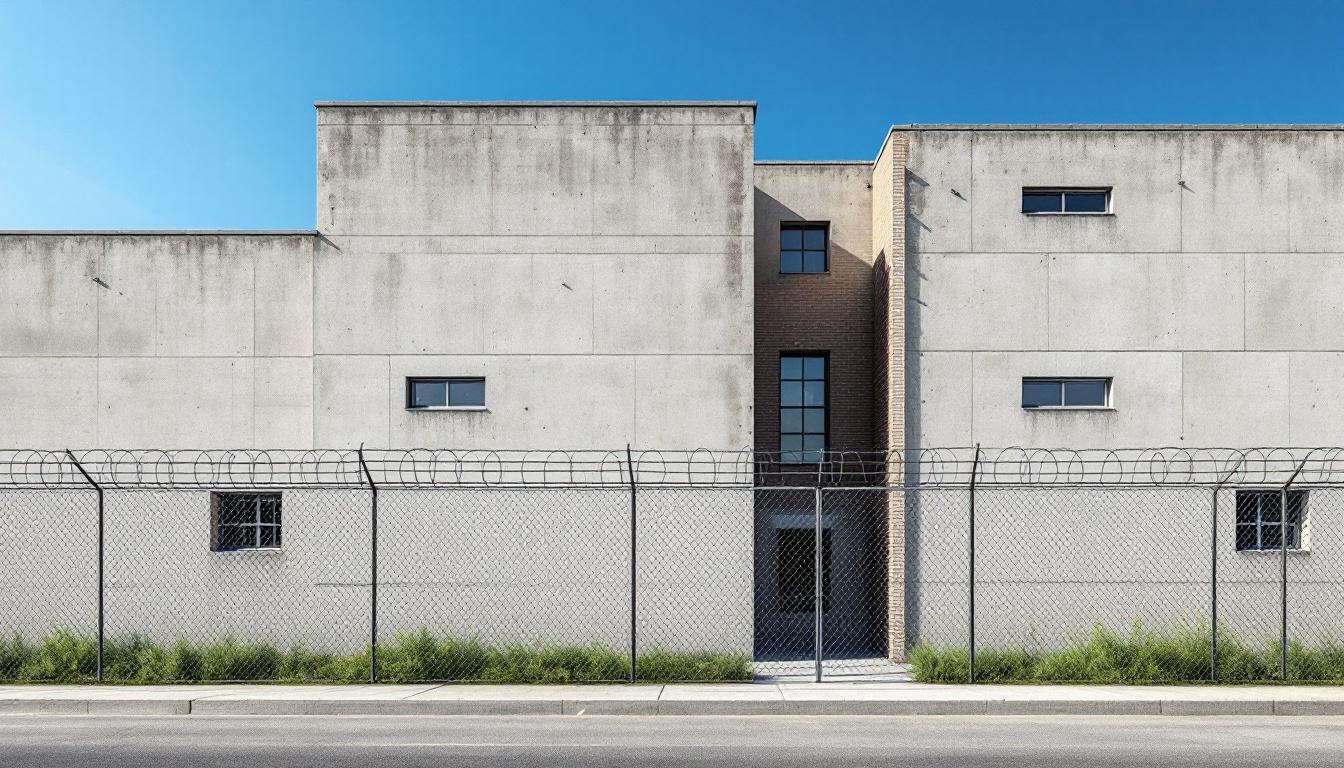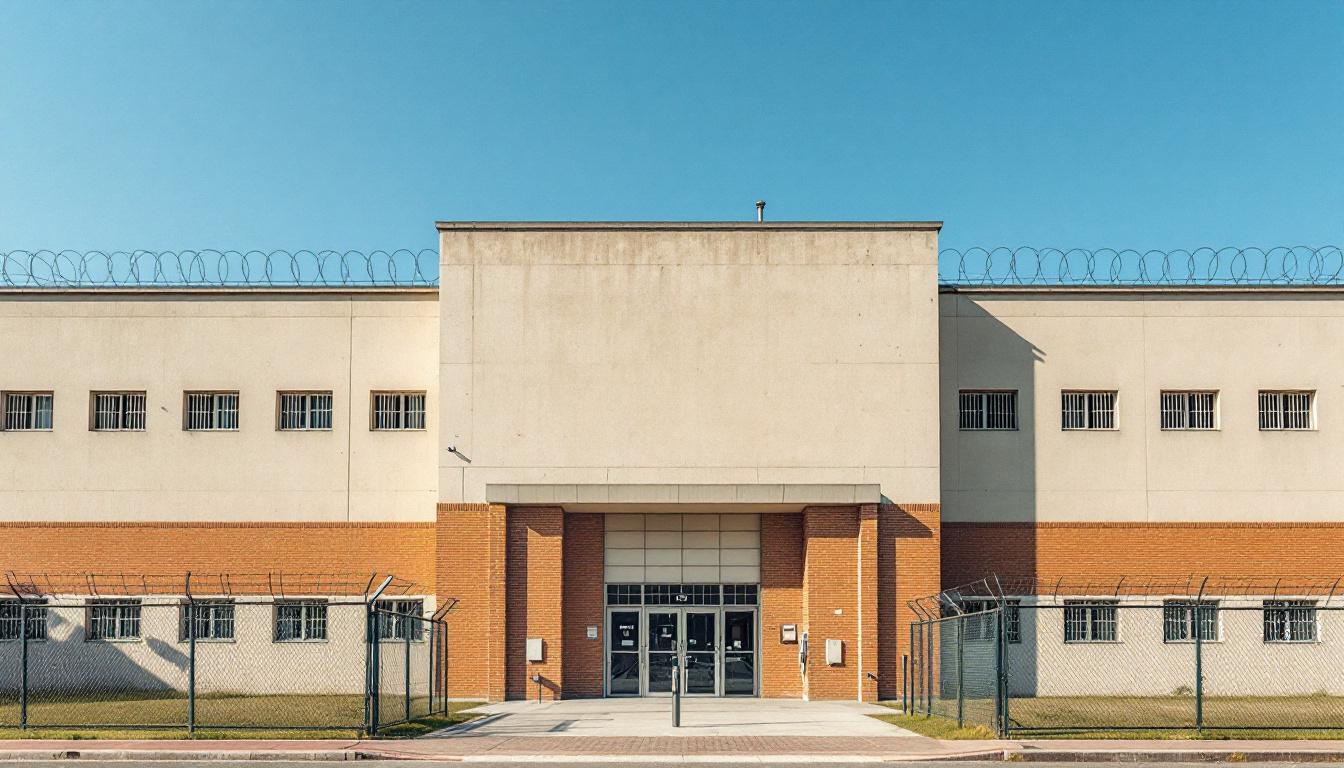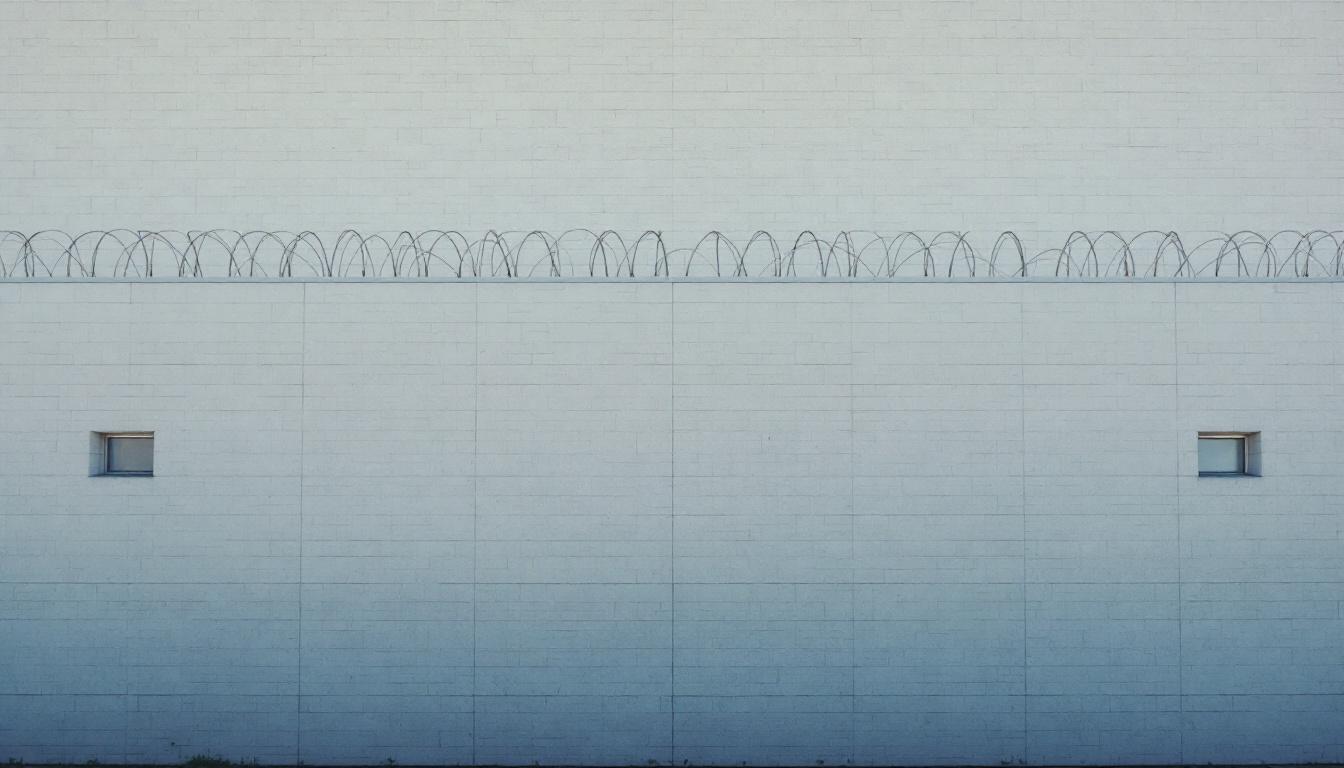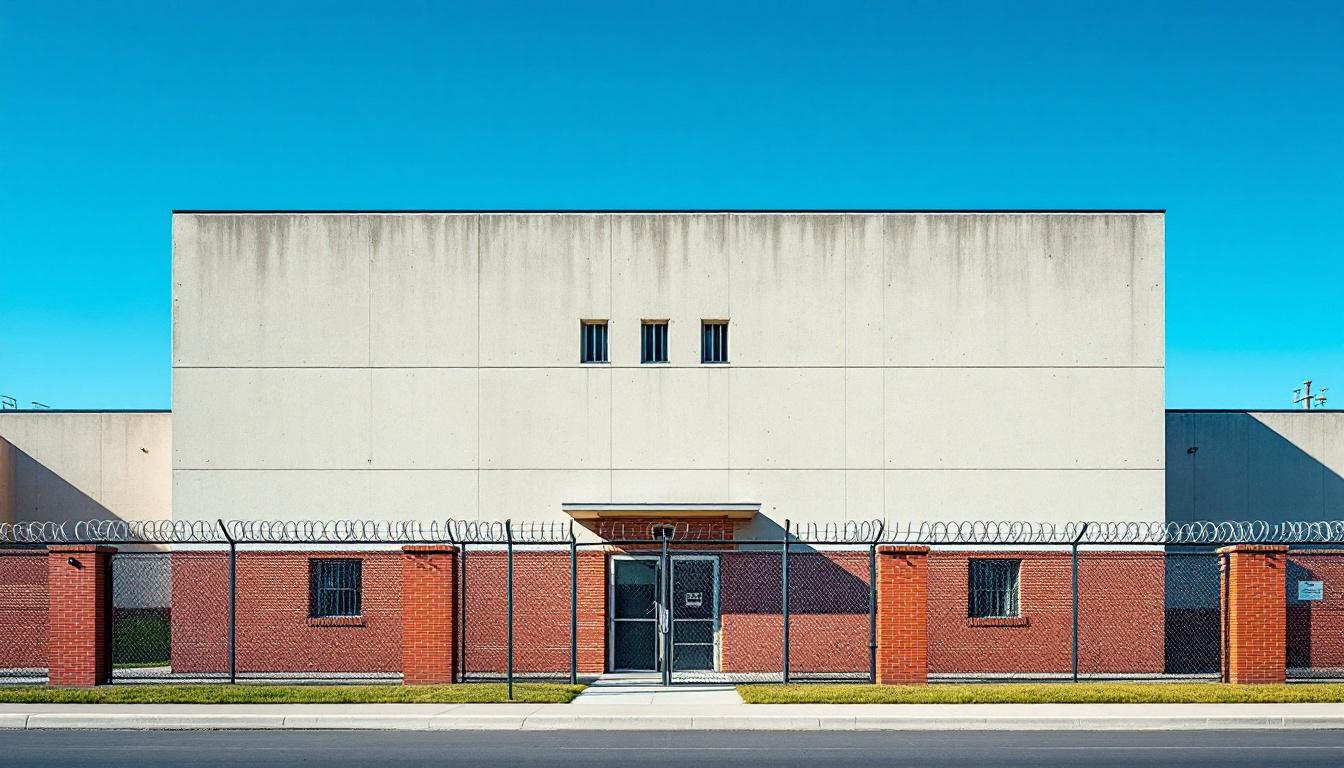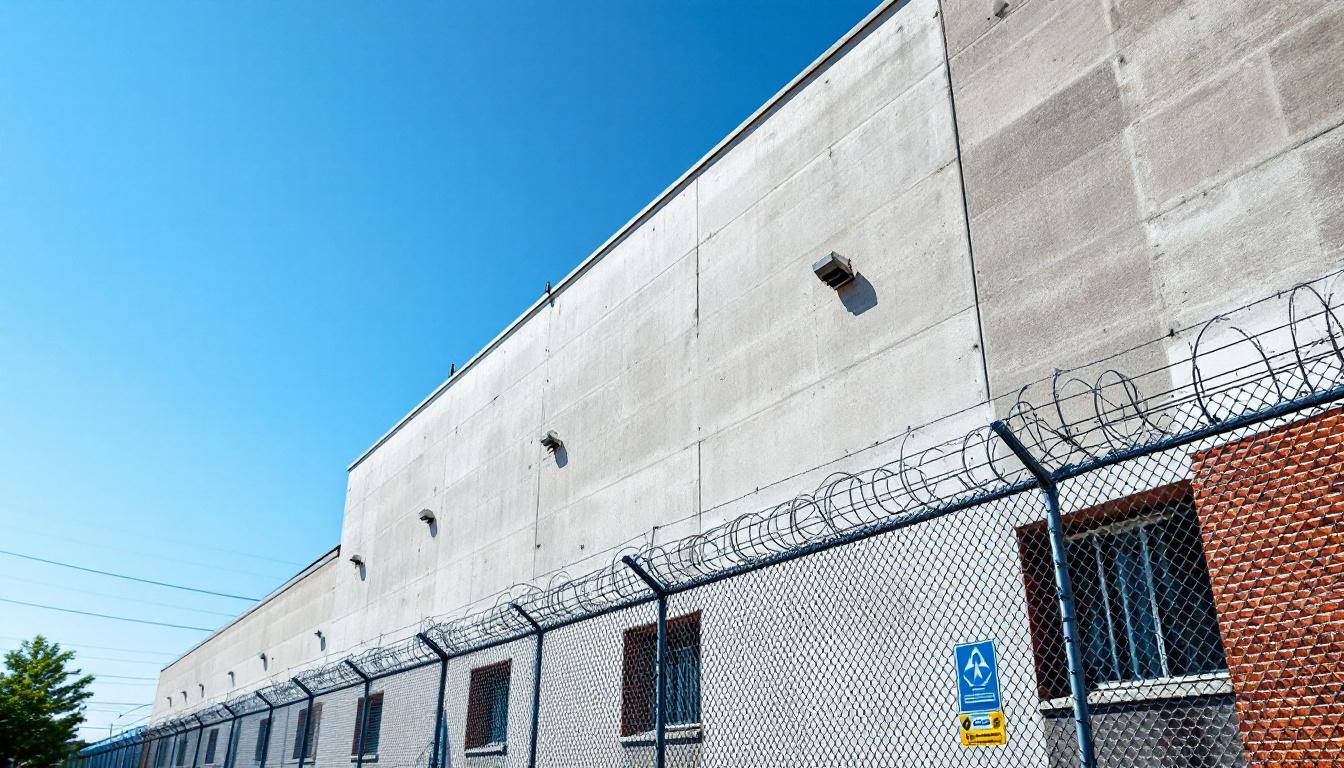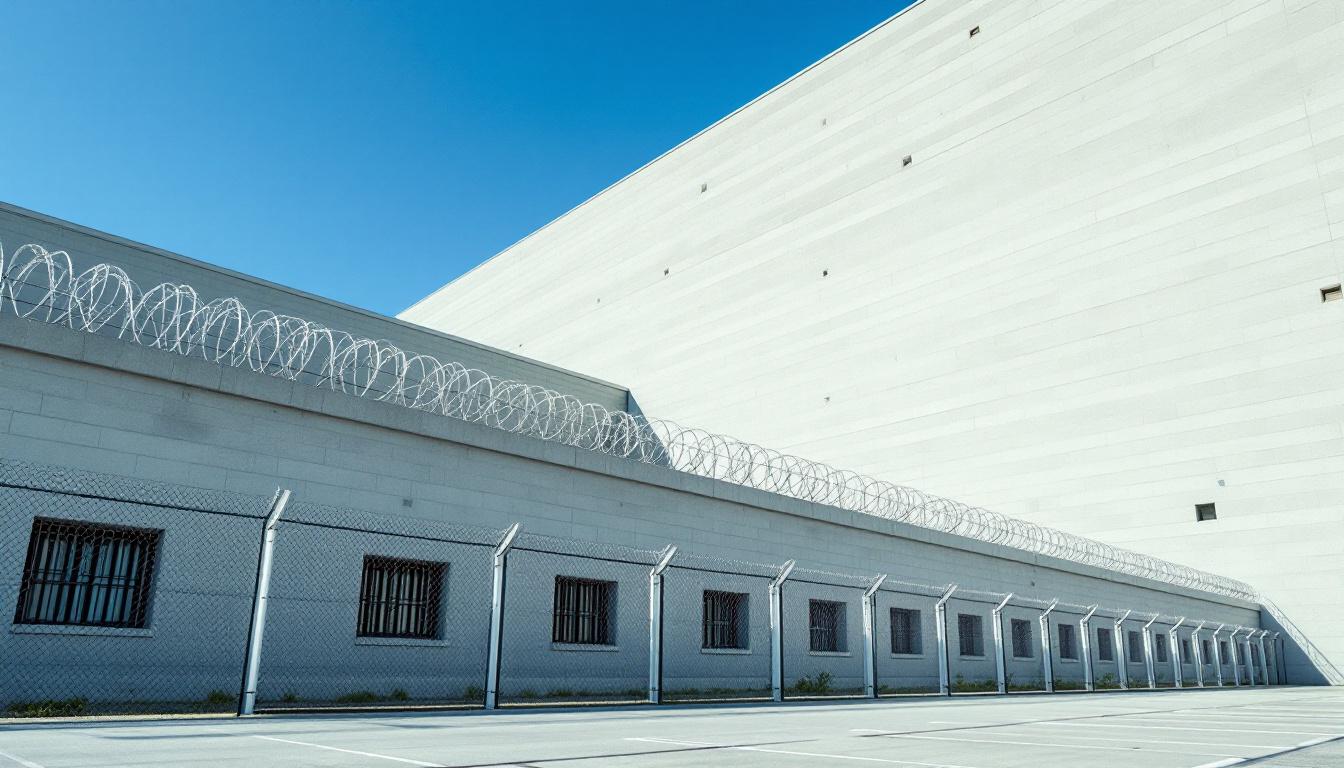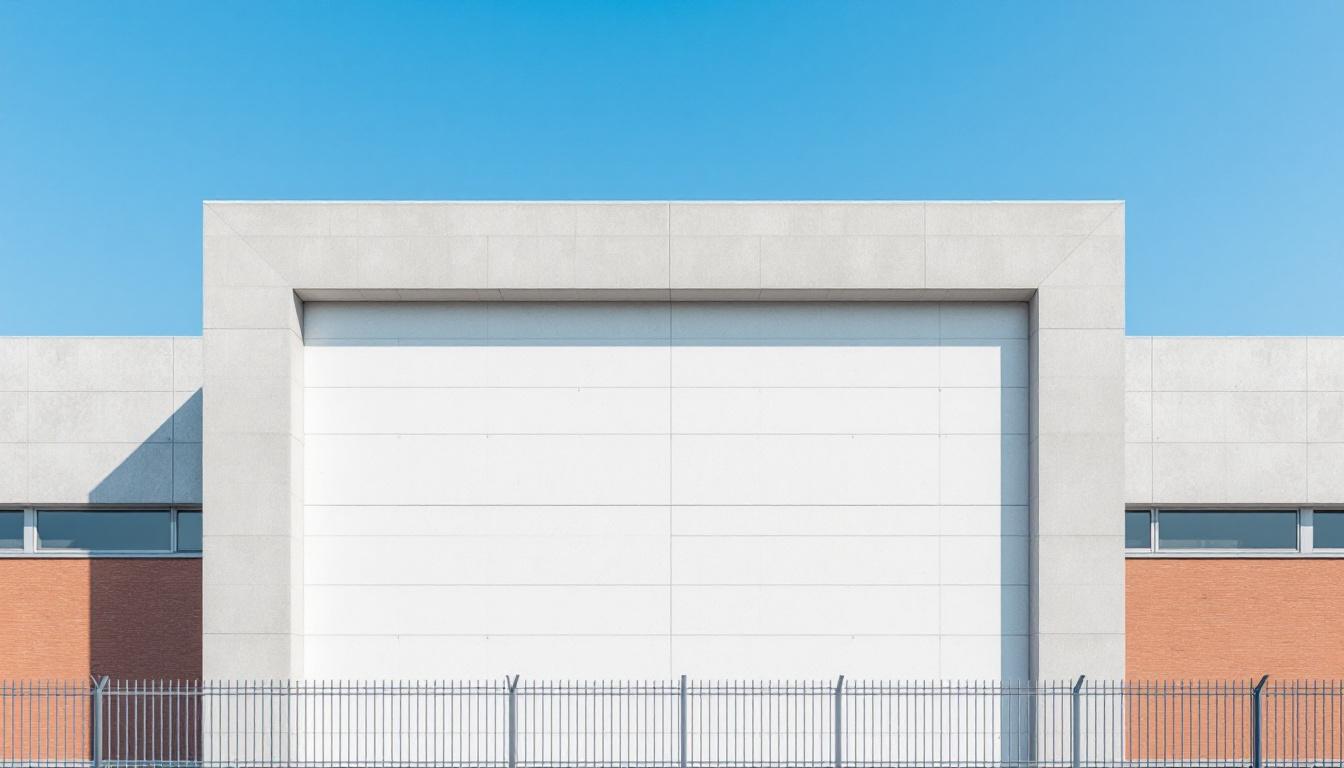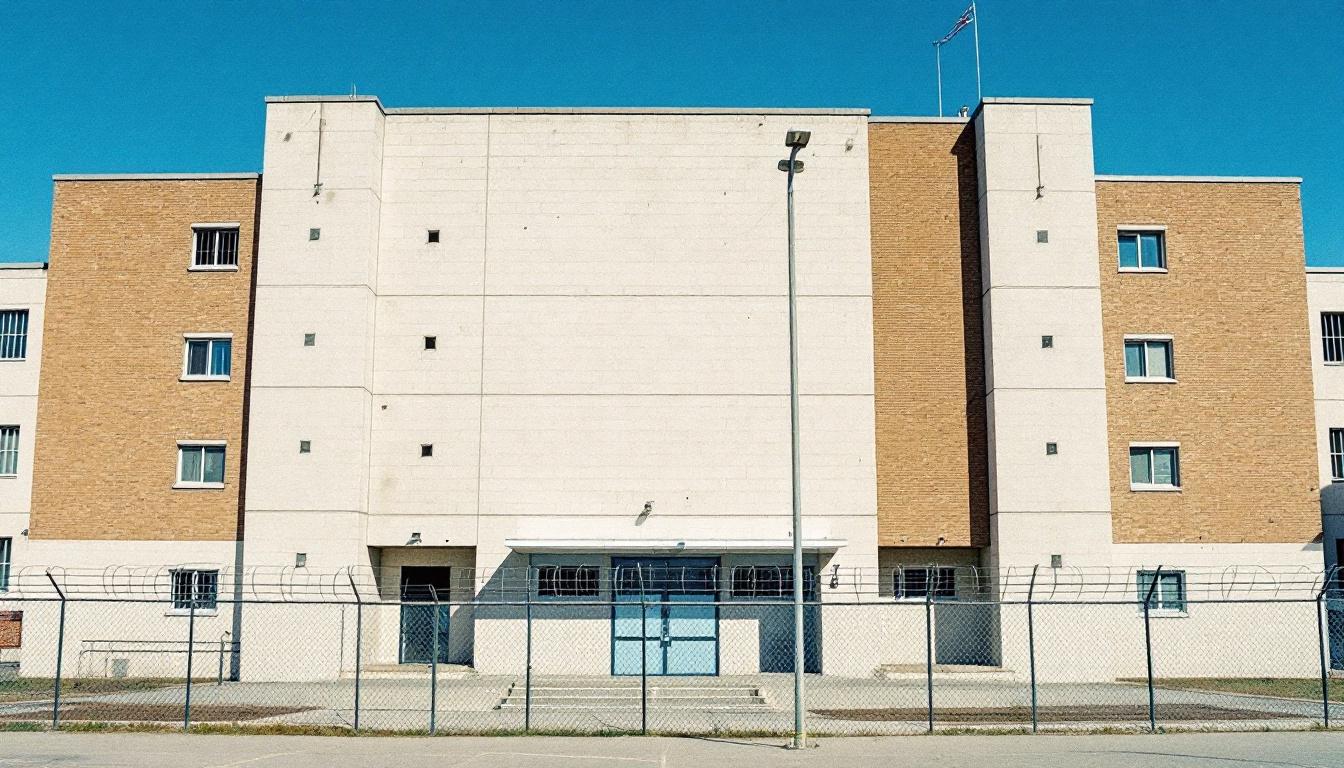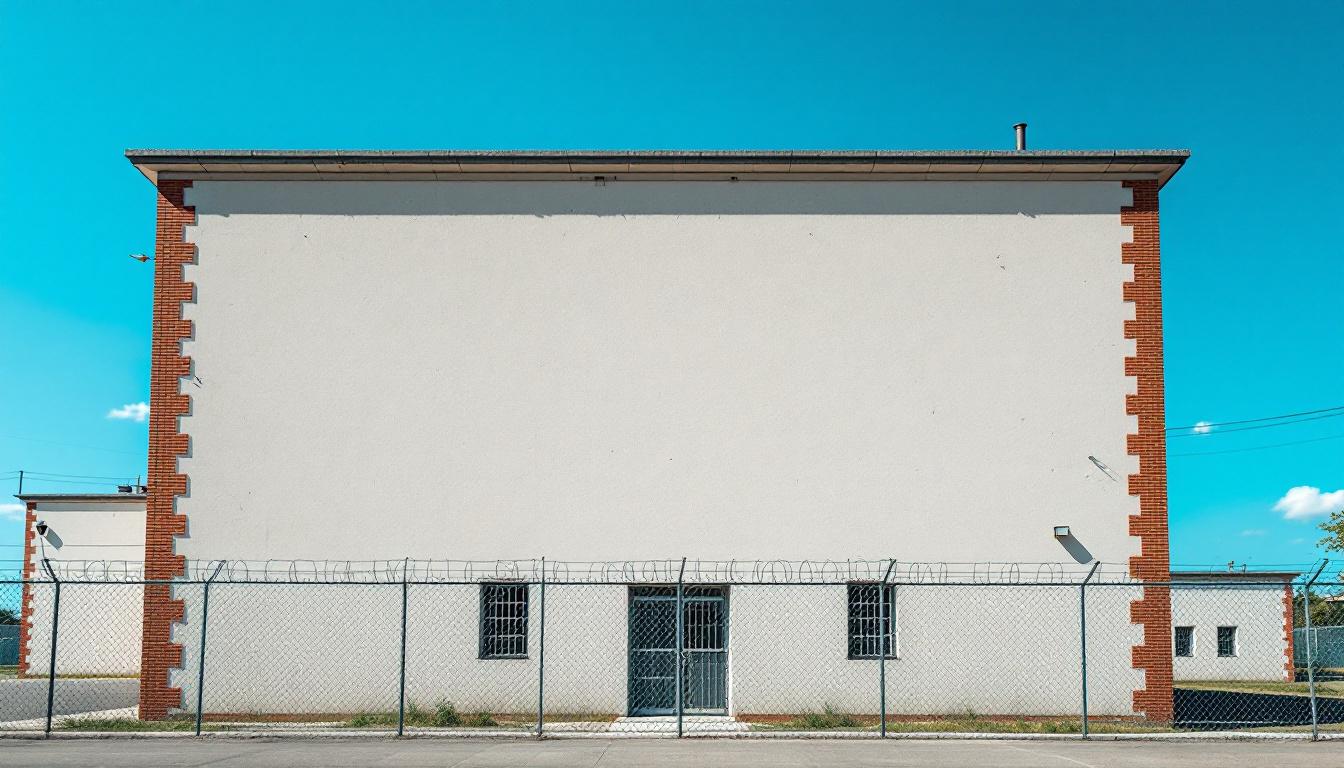
Quick Navigation
How to contact an inmate at Overton County Sheriff's Department
This comprehensive guide will walk you through how to connect with an inmate at Overton County Sheriff's Department. Follow the steps below to find an inmate and send letters and photos:
- Search for the inmate using our search tool below
- Create your account or log in to Penmate
- Write your message (up to 6,000 characters)
- Send instantly - inmates receive printed copies daily
Find an Inmate
Search for an inmate to start communicating today
Tip: You can search by first name, last name, or inmate ID number
To contact a person at Overton County Sheriff's Department start by searching for the person on the official facility website. Perform a search by following these steps:
- Step 1: Enter their first name and last name into the search form and click "Search"
- Step 2: Locate their inmate record
- Step 3: Write down their Inmate ID and any housing information provided
Important! Be sure to enter the person's full name. Nicknames should not be used.
How to Send Messages to Inmates

You can use your phone or computer to send emails, letters, and photos to an inmate. Messages are sent electronically to inmate tablets or kiosks at the facility. If you would like to send a message, start by searching for an inmate at Overton County Sheriff's Department.
Sending Photos and Postcards

A great way to send love and support to a loved one at Overton County Sheriff's Department is to send photos and postcards. It only takes a few minutes to send photos from your phone and it makes a huge difference. You can also mail postcards with words of support and inspiration, or design your own postcard for special moments like birthdays and holidays.
Important! Be sure not to send any explicit photos or they may not be approved by the facility. You can also use a photo printing app like Penmate to make sure your photos are printed at the correct size (4x6 or 3x5) and are mailed according to the rules and regulations of Overton County Sheriff's Department.
Frequently asked questions about Overton County Sheriff's Department
-
How long does it take to deliver a message?
If you're sending an email message your letter is usually delivered within 24-48 hours. For messages sent via mail you should expect delivery within 3-7 days. All messages will need be approved by Overton County Sheriff's Department.
-
How much does it cost to send a message to Overton County Sheriff's Department?
You can send a message free using your phone or mail a message via USPS for the price of a $0.60 stamp and envelope. You can also purchase credits or e-stamps from services starting at $1.99.
-
What services can I use to contact an inmate at Overton County Sheriff's Department?
Penmate
You can use Penmate to send letters and photos to an inmate from your phone. It's an easy way to stay in touch during your loved one's incarceration. Use the inmate locator to find an inmate's location and contact information, then you can send messages within a few minutes.
Securus messaging
Securus may be another option for communicating with an inmate at Overton County Sheriff's Department. You can create a friends and family account and purchase credits to send messages. All messages will be reviewed and must be approved by the facility.
JPay
Some county jails and state prisons may support sending messages with JPay. You must register an account with the system, find your loved one, and purchase stamps to send messages. For some locations you can also attach photos.
Smart Jail Mail
You may also check if Smart Jail Mail is available at Overton County Sheriff's Department. Smart Jail Mail is operated by Smart Communications and has contracted with some state and county jails. After purchasing credits, your messages and photos are sent to the facility, printed out, and then handed out to your loved one.
-
What is the mailing address of Overton County Sheriff's Department?
Mailing address:
Overton County Sheriff's Department
1010 John T Poindexter Dr
Livingston, TN 38570
Phone: (931) 823-5635 -
What are the visiting hours at Overton County Sheriff's Department?
Visiting hours at Overton County Sheriff's Department vary by housing unit and security level. Generally, visits are scheduled on weekends and holidays, with some facilities offering weekday visits. Contact the facility directly at (931) 823-5635 or check their website for the current visiting schedule. Visits typically last 30-60 minutes and must be scheduled in advance.
-
What items are prohibited when sending mail to Overton County Sheriff's Department?
Prohibited items typically include: cash, personal checks, stamps, stickers, glitter, glue, tape, staples, paperclips, polaroid photos, musical or blank greeting cards, hardcover books, magazines with staples, and any items containing metal or electronics. Only send letters on plain white paper with blue or black ink. Photos must be printed on regular photo paper (no Polaroids). Always check with Overton County Sheriff's Department for their specific mail policies.
-
How do I send money to an inmate at Overton County Sheriff's Department?
You can send money to an inmate at Overton County Sheriff's Department through several methods: 1) Online using JPay, Access Corrections, or the facility's approved vendor, 2) Money orders mailed directly to the facility with the inmate's name and ID number, 3) Kiosks located in the facility lobby, or 4) Over the phone using a credit or debit card. Fees vary by method, typically ranging from $2.95 to $11.95 per transaction.
-
Can I schedule a video visit with an inmate at Overton County Sheriff's Department?
Many facilities now offer video visitation as an alternative to in-person visits. At Overton County Sheriff's Department, video visits may be available through services like Penmate, Securus Video Connect, GTL, or ICSolutions. Video visits typically cost $10-20 for 20-30 minutes and must be scheduled in advance. You'll need a computer or smartphone with a camera and reliable internet connection. Contact the facility for their specific video visitation policies and approved vendors.
-
What identification do I need to visit an inmate at Overton County Sheriff's Department?
All visitors must present valid government-issued photo identification such as a driver's license, state ID, passport, or military ID. Minors must be accompanied by a parent or legal guardian who can provide the minor's birth certificate. Some facilities require visitors to be on the inmate's approved visitation list, which may require a background check. Contact Overton County Sheriff's Department for specific ID requirements and visitor approval procedures.
-
How can I find out an inmate's release date?
To find an inmate's release date at Overton County Sheriff's Department, you can: 1) Use the online inmate search tool if available, 2) Call the facility's records department, 3) Contact the inmate's case manager or counselor, or 4) Have the inmate provide this information during a call or visit. For privacy reasons, some facilities only release this information to immediate family members.
Facility Overview
Contact Information
Overton County Sheriff's Department1010 John T Poindexter Dr
Livingston, TN 38570
Phone: (931) 823-5635
Official Website
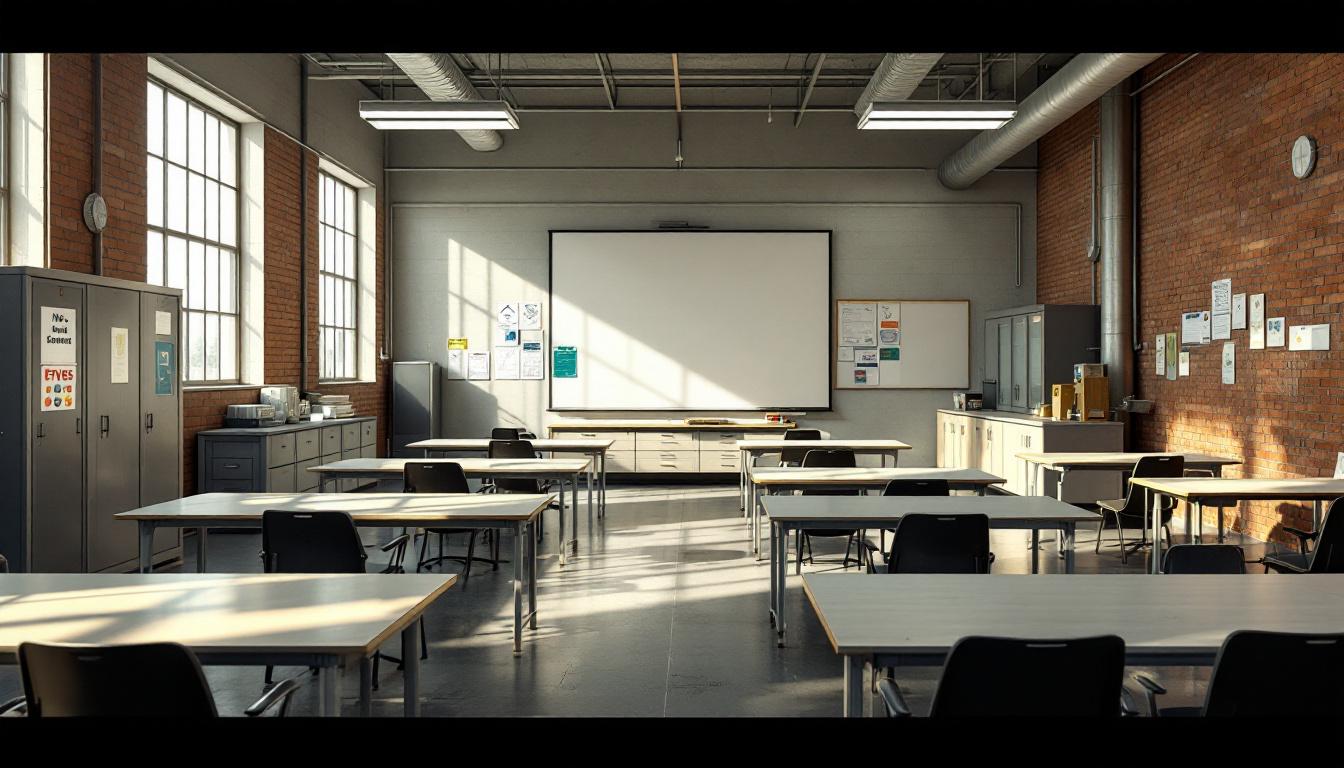
About Overton County Sheriff's Department
Deep in the rolling hills of Tennessee’s Upper Cumberland region, Livingston serves as home to the Overton County Jail, TN, a correctional facility that has evolved alongside the community’s changing needs over the decades. This TN correctional facility reflects the broader transformation within Tennessee’s correctional approach, moving from purely punitive measures toward a more balanced framework that emphasizes both accountability and personal growth. The facility’s development mirrors the historical shift many rural county jails have experienced, adapting from basic holding facilities to comprehensive centers that address the complex factors often underlying criminal behavior.
Within this framework of progress, the Overton County Jail typically focuses on providing residents services that extend beyond basic detention. Educational opportunities may include literacy programs and vocational training designed to equip individuals with practical skills for their eventual return to the community. The facility generally emphasizes rehabilitation through structured programming that often addresses substance abuse issues, anger management, and life skills development. These county jail initiatives reflect a growing understanding that effective corrections work requires addressing root causes rather than simply managing consequences.
The facility’s role within Livingston extends into the broader community safety network, working to balance immediate public protection with long-term crime prevention strategies. Staff members generally focus on creating an environment where positive behavioral changes can take root, recognizing that successful rehabilitation benefits not dedicated the individuals served but the entire Overton County community. Through this approach, the facility contributes to a cycle of healing and accountability that supports both individual transformation and collective well-being throughout the region.
Programs & Services
Skill-building initiatives at Overton County Jail focus on preparing residents for successful community reintegration through hands-on learning opportunities. The facility’s approach emphasizes practical training that develops both technical abilities and personal confidence. These initiatives typically operate under the philosophy that meaningful engagement during incarceration can significantly impact long-term outcomes for residents.
Educational services form the foundation of the facility’s programming structure. Residents may access basic literacy instruction and GED preparation courses designed to address fundamental academic needs. College correspondence courses are often available for those seeking higher education opportunities, allowing participants to work toward degrees while serving their sentences. Moreover, vocational training in carpentry provides residents with marketable construction skills through structured workshops and project-based learning experiences.
Support initiatives complement the educational and vocational offerings through comprehensive programming. Faith-based programs typically deliver spiritual guidance and community support for residents seeking religious involvement during their incarceration. Masonry training may be available as an additional vocational option, teaching residents specialized construction techniques and safety protocols. These support services often include counseling components that address personal development and preparation for successful community reentry upon release.
Daily Life & Visitation
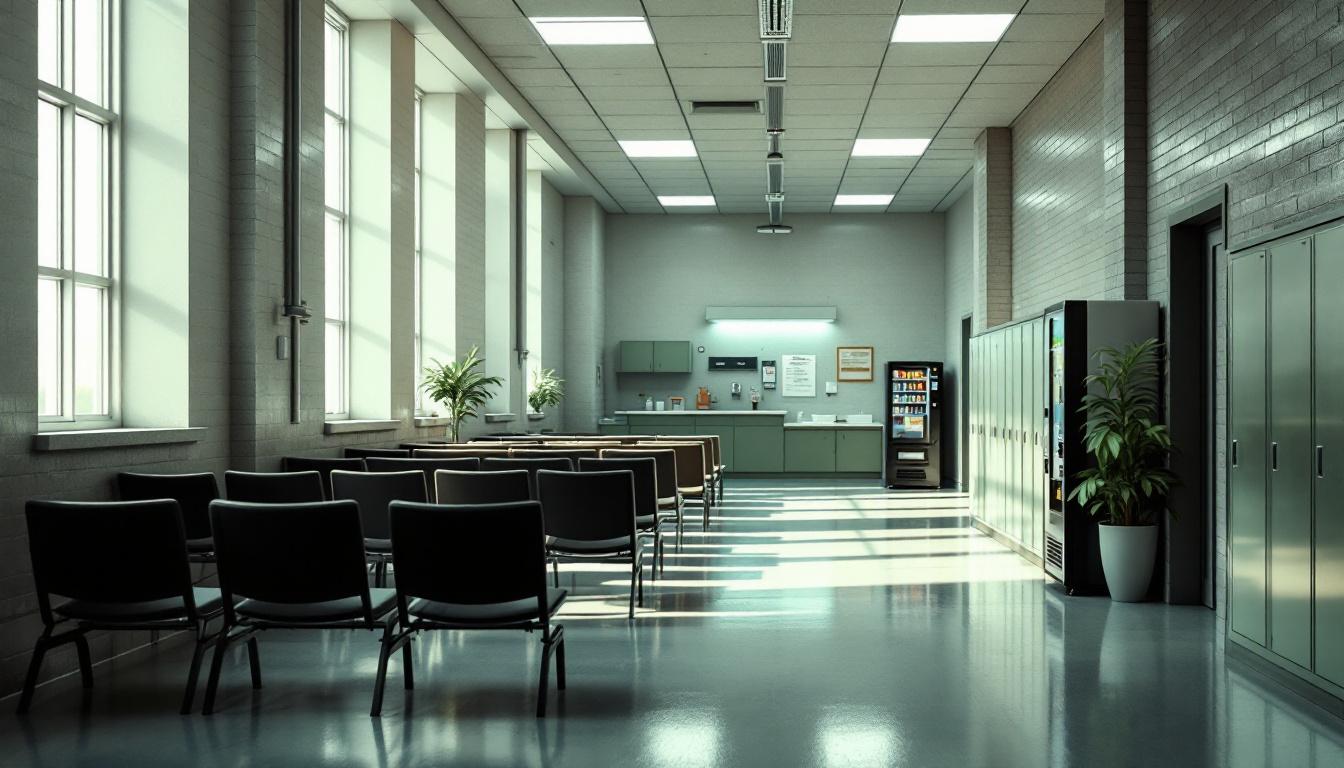
Structured routines begin before dawn and continue consistently throughout each day, creating a predictable framework that residents can rely on. Today’s schedule typically includes designated times for meals, recreation, work assignments, and programming activities that deliver stability through repetition. This consistent daily structure helps residents adapt to facility life while maintaining a sense of order and purpose.
Living accommodations at the facility generally consist of shared housing units where residents are assigned based on classification levels and security considerations. Meals are typically served in designated dining areas at regular intervals, with residents receiving balanced nutrition that meets established dietary standards. Moreover, personal property allowances usually include basic hygiene items and limited personal belongings, while commissary services may provide additional approved items for purchase.
Recreation opportunities often include indoor exercise periods and outdoor yard time when weather and security conditions permit, allowing residents to maintain physical fitness and social connections. Whereas some residents participate in facility work assignments such as kitchen duties, cleaning, or maintenance tasks, others may engage in educational programming or vocational training when available. Family connections remain important through scheduled visitation periods and telephone privileges, which typically operate according to established guidelines that balance security needs with maintaining supportive relationships during incarceration.
Ready to Connect?
Start communicating with your loved one today
Search for an Inmate
